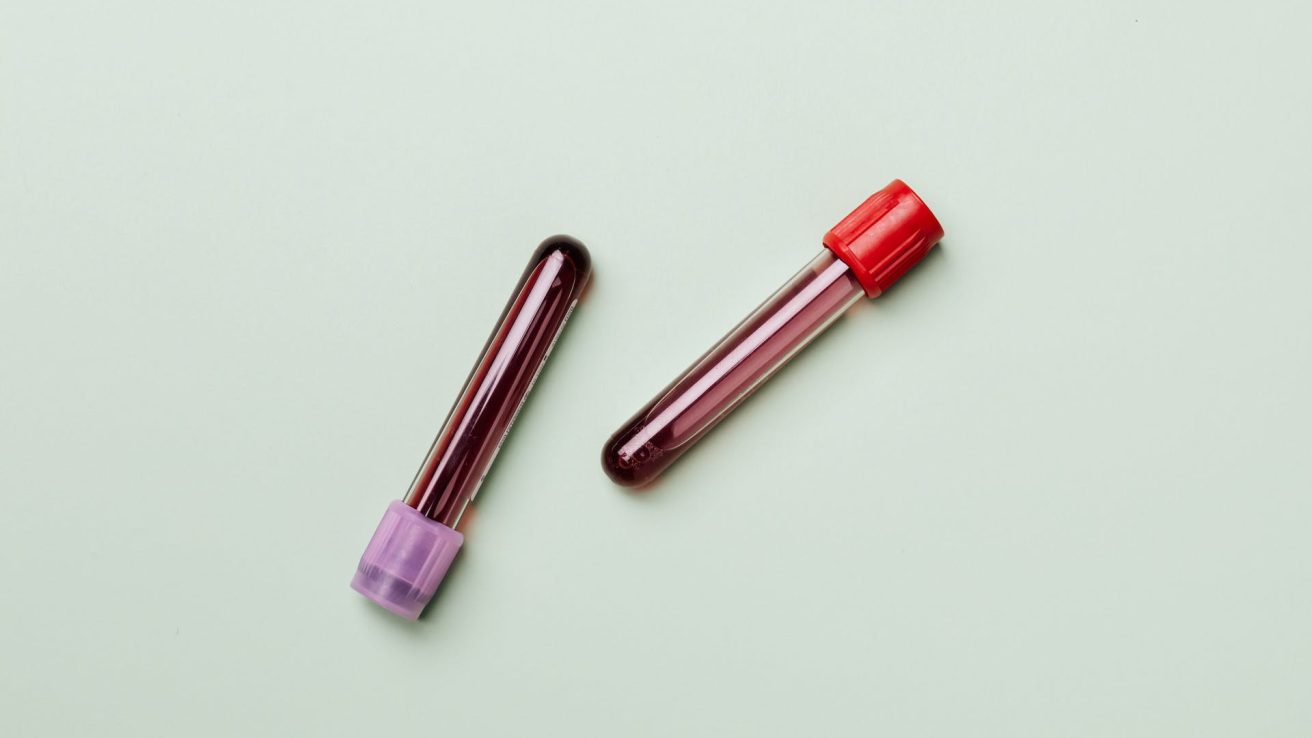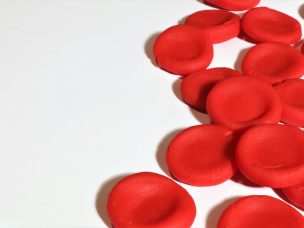The administration of zinc supplements proved to be effective in treating anemia, resulting in full recovery in 35% and a progressive increase in hemoglobin concentrations over the course of one year in chronic kidney disease patients with zinc deficiency and anemia, as reported in a retrospective study.
Anemia in chronic kidney disease (CKD) is associated with a decrease in the synthesis of erythropoietin (EPO). Besides the treatment of iron deficiency in anemia of CKD, zinc supplementation also facilitates heme production and iron metabolism by modulating gene expression and serving as an erythroid differentiation factor. Zinc supplementation is also known to increase the synthesis of reticulocytes in humans and EPO production in mice that have undergone nephrectomy.
This retrospective study aimed to determine the rate of anemia resolution and improvement in hemoglobin with zinc supplementation in patients with CKD, anemia of CKD, and zinc deficiency. The study concluded that zinc supplementation is effective in the resolution of anemia in 35% of patients with CKD, chronic anemia, and zinc deficiency, resulting in incremental improvement in hemoglobin levels. This study was presented as a poster at the 65th American Society of Hematology Annual Meeting and Exposition.
Study Setting and Participants
Hematology patients > 18 years of age with CKD ≥3 (GFR <59 ml/min), chronic anemia, and zinc deficiency from the Loma Linda University Cancer Center were eligible for this descriptive, retrospective study. The patients were administered zinc sulfate 50 mg/day supplementation.
The primary endpoint of the study was to determine the rate of anemia resolution following zinc supplementation over a period of 12 months. The secondary outcomes included improvement in hemoglobin with zinc supplementation by a minimum of 1.0 g/dL at 1, 3, 6, and 12 months. A total of 34 patients were included in this study.
Baseline Characteristics
The average baseline hemoglobin level of the study participants was 9.96 g/dL, the average white blood cell count was 5.8, and platelets averaged 149.
Zinc Supplementation and Outcome Measures
The average hemoglobin was 10.47 g/dL at 1 month, 10.49 g/dL at 3 months, 11.03 g/dL at 6 months, and 10.93 g/dL at 12 months following zinc supplementation. The primary outcome measure of anemia resolution was observed in 35% of the study participants, whereas hemoglobin improvement by at least 1.0 g/dL was seen in 64% of the study participants at 12 months.
Source
Hanson, Z. (2023, December 11). Hemoglobin Response to Zinc Supplementation in Chronic Kidney Disease in Patients with Zinc Deficiency and Anemia. https://ash.confex.com/ash/2023/webprogram/Paper183066.html










